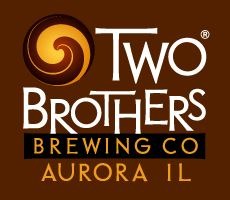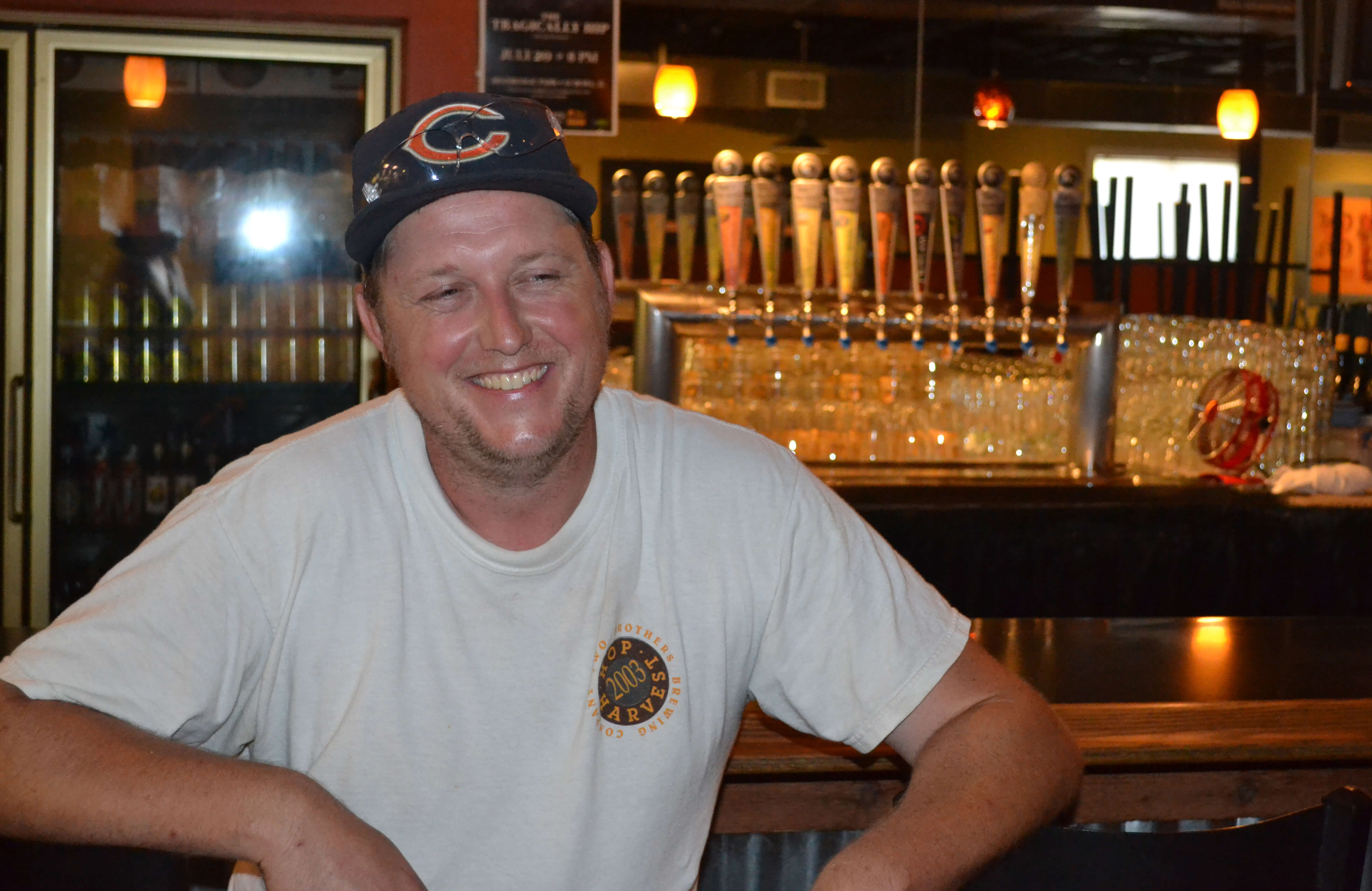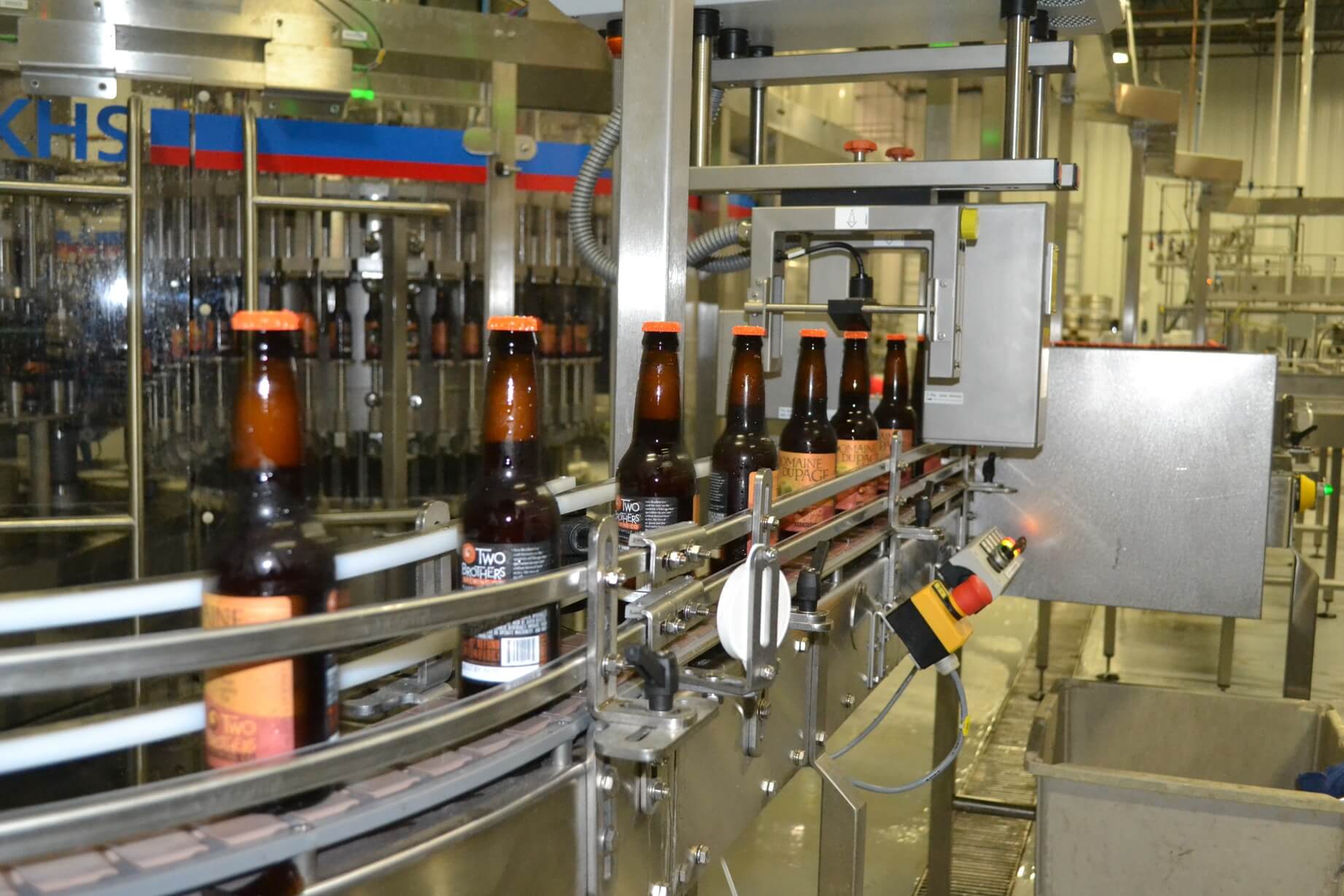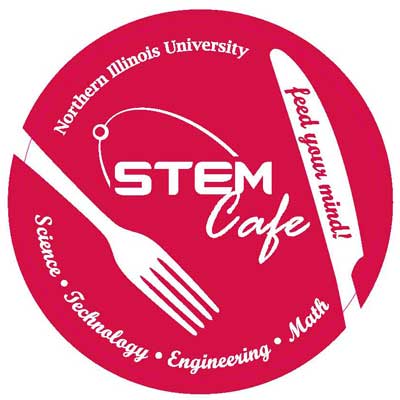 The next time you grab a frosty mug of your favorite brew, consider this: the beer that you drink is created in labs, viewed under microscopes, analyzed and inspected to ensure the correct oxygen levels and alcohol content. All that science goes into every sip, every pint, every keg, so that your favorite beer looks, smells and tastes like your favorite beer every single time you drink it.
The next time you grab a frosty mug of your favorite brew, consider this: the beer that you drink is created in labs, viewed under microscopes, analyzed and inspected to ensure the correct oxygen levels and alcohol content. All that science goes into every sip, every pint, every keg, so that your favorite beer looks, smells and tastes like your favorite beer every single time you drink it.
On Tuesday, Aug. 6, at 6:30 p.m., NIU STEM Outreach invites you to Two Brothers Roundhouse (205 N. Broadway, Aurora) when STEM Café presents “The Science of Beer.”
The program is free and open to the public. Food and drinks are available for purchase from Two Brothers.
Two Brothers Brewing Company is the largest independently owned and operated craft brewer in Chicagoland. Brothers Jim and Jason Ebel founded the brewery in 1997 and have dedicated themselves to creating artisan beers from their headquarters in Warrenville and their new location at the historic Roundhouse in Aurora.

Jeremy Bogan has been involved in hand-crafting Two Brothers beers for more than ten years. His Aug. 6 talk will focus on the science involved in brewing.
Two Brothers head brewer and brewhouse manager Jeremy Bogan will host the STEM Café. He plans to lead a tour of the new Two Brothers Brewhouse and discuss the processes of choosing ingredients, milling, mashing, wort production, filtration and centrifuging.
Jeremy Bogan began his brewing career at the bottom. He was working for a local liquor distributer and brewing as a hobby when he saw an entry-level opening at Two Brothers. “I started out washing kegs and worked my way up to head brewer by doing every job I could and learning as much as possible about beer.”
Bogan says that most people would be surprised about how much science is involved in brewing. “We have two full-time lab technicians who focus on everything from quality control and analytics to the growth of microorganisms in our fermentation processes.”
Bogan is excited to share his passion for brewing and his extensive knowledge of the beer-making process with the public. “My only complaint about being a brewer is that I need to find a new hobby,” Bogan jokes. “When you brew for a living, you just don’t feel like home-brewing on the weekends.”

Visitors to the Aug 6 STEM Café will get a behind-the-scenes look at beer technology, including Two Brothers’ state-of-the-art bottling line.
Two Brothers will offer complimentary beer samples to attendees who are 21 and over. Visitors to the STEM Café are encouraged to taste outside of their comfort zone during the event. “We have a great, well-balanced line of beers,” says Rachel Sosnoski, Two Brothers marketing manager. “But it will be fun for people to try some of our more extreme brews like the Hop Centric Double IPA or our sour beer.”
According to Bogan, sour beer is one of the most complicated beers to brew, one of the most science-intensive. Sour beers are fermented using bacteria rather than yeast. The process takes around 18 months (compared to the one to three weeks for yeast fermentation). During that time, the bacteria cultures must be monitored and nurtured to produce just the right levels of tang and sweetness that make sour beers so unique.
Jeremy Bogan and organizers from NIU STEM Outreach hope that facts like this will help attendees come away with a greater appreciation of the science in their everyday lives—one of the goals of the monthly STEM Café programs.
“Science, technology, engineering, and math are all around us,” says Judith Dymond, NIU’s STEM Café coordinator. “We think these cafés are perfect for raising awareness of STEM and sharing the latest cutting-edge discoveries in a fun, casual way.”
For more information on upcoming STEM Cafés and other events from NIU STEM Outreach, visit www.niu.edu/stem or contact Judith Dymond at jdymond@niu.edu or (815) 753-4751.
By Gillian King-Cargile
